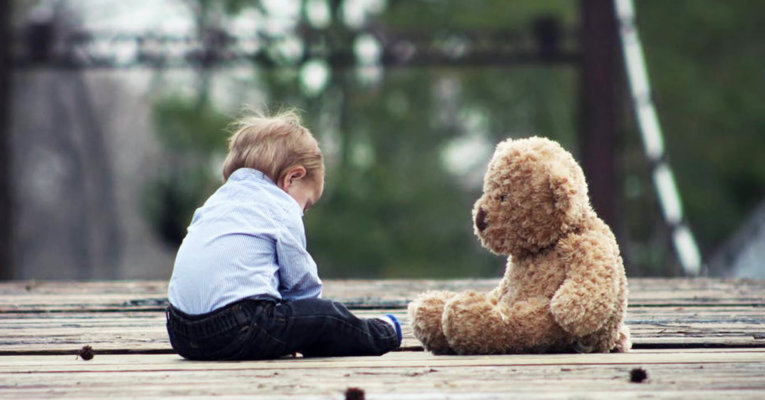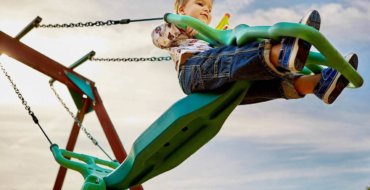Although physical abuse is commonly thought of when one hears of a child abuse case, the truth is there are more reported cases of neglect than any other form of abuse.
- Need for love – Contrary to popular belief, you cannot spoil an infant. Crying is the only form of communication a baby has. Even when a child is fed and dry he still needs the most important thing of all, YOU! Without loving touch and soothing care a baby can suffer from what is called ‘failure to thrive’. For instance, leaving a child in a crib for hours to ‘cry it out’ is abusive. A child will not properly grow physically, mentally or emotionally without regular loving contact.
- Need for safety – All children deserve a safe, nurturing environment. A child needs a home where he feels free to play and be himself without fear of harm. Allowing a child to live in a place where there are drugs, poisons, weapons, and dangerous pests or animals is abuse. It is a parent’s responsibility to keep a watchful eye on their child at all times. Little ones can slip out of sight easily and fall down stairs, get into unlocked cabinets, or wander away through an open door.
- Need for protection – Unfortunately there are people in this world who enjoy harming vulnerable children. As parents we must be very careful to whom our children are exposed. Just because someone acts like they are harmless and caring doesn’t mean they have your child’s best interest at heart. Being careless for convenience sake could turn out to be a very serious mistake!
- Need for the necessities – All children need food, shelter, medical and dental care, schooling, rest, and proper clothing. It may take considerable effort to ensure your child’s needs are met but it is essential you do so. A child cannot learn when he is hungry, tired or sick. Many parents who are addicted to drugs or alcohol allow their children to do without so they can feed their own habits. To deny your child even one of these essentials is considered neglect.
- Interact with your infant – Talk, sing, cuddle, rock and play with your child daily. Make eye contact and smile when your child reaches out for your attention. It is essential to your child’s healthy development that he feels he is valued and loved.
- Make sure your home is babyproof – Cover all electrical outlets, put locks on cabinets and doors, keep any type of weapon safely locked away and NEVER expose your child to drugs or alcohol. Addiction consumes a person’s attention and impairs mental functioning.
- NEVER leave your child in the care of anyone you have not known for a significant period of time – If you hire a sitter make sure she has reliable references, and check them! Children under the age of 10-1 I years should not be left to attend to infants or toddlers for long periods of time, especially if there is more than one. Children this age are easily distracted and the younger children could be left unattended. It is YOUR responsibility as a parent to make sure all of your children are safe.
- Provide your child with nutritious food – If money is an issue, use available resources such as food stamps, WIC, local food banks, and free school lunch programs.
- See that your child follows a predictable schedule – Set reasonable bedtimes and stick to them. Make sure your child takes regular baths, brushes his teeth every day, and arrives to school on time. Regular routines help your child feel safe and secure. Many behavior problems can be solved by implementing a daily schedule.
Pay attention! This is the number one factor in making sure your child is not neglected. Watch closely for signs of illness or behavior changes. Ask questions of children old enough to respond. Use a calendar to remind you of upcoming school events or doctor appointments.






